This Land Is Mine
Our ‘This Land Is Mine’ show is on March 22nd, 2019 at The People’s Theatre in Heaton, Newcastle. All the songs we are singing were chosen to honour those who work the land. Here is part 1 of ‘Meet the Songs’…
Seth Lakeman – The Colliers. A song written about the Gresford Colliery disaster
Seth Lakeman is an English folk singer-songwriter who plays a long list of instruments including the fiddle, guitar, viola and banjo. Early in his career he was part of a number of musical ensembles. One with his two brothers, Sam Lakeman and Sean Lakeman who he grew up with in Devon. He more recently established himself as a solo act releasing his first solo album in 2002. Not long after he was nominated for the 2005 Mercury Music Prize.
His third solo album, Freedom Fields, released in 2006 featured a song called “The Colliers”. This song was written about the Gresford coal mine disaster. On 22 September 1934 an explosion and underground fire at Gresford Colliery in northeast Wales killed 266 men. This was one of the worst coal mining disasters in British history. Though the inquiry was inconclusive, evidence pointed to safety and management failures. The subsequent decision to permanently seal the colliery’s districts damaged by the explosion caused further controversy. This meant that only 11 bodies of the men who died were recovered.
Musical commemorations to the disaster came in the form of “The Miners’ Hymn” written by Robert Saint. He was a miner from Hebburn, South Tyneside. The tune is still popular to this day with many colliery bands and it always features at the Durham Miners’ Gala.
Folk song “The Gresford Disaster” was published anonymously soon after the explosion. Many versions have been recorded since including The Hennessys, Ewan MacColl and Alex Cambell. Some of the lines were used and adapted for Seth Lakeman’s “The Colliers”.

Public Service Broadcasting – Take Me Home. The final track on their Every Valley album recording the fall of the Welsh coal industry
Public Service Broadcasting are a London-based band with a difference! They play mostly instrumental music. Lead songwriter J. Willgoose, Esq. plays guitar, banjo, strings, samplings and electronic musical instruments. Wrigglesworth plays drums, piano and electronic musical instruments and J F Abraham can be found on flugelhorn, bass guitar, drums and others including a vibraslap. They take samples from old public information films, archive footage and propaganda material and set them over live instrumentals. Their productions allow us to learn lessons from our past history through music of the future.
The band’s 2017 album, Every Valley, documents the rise and fall of the Welsh coal industry. J Willgoose, Esq. explained the album draws parallels with similar “abandoned and neglected communities across the western world”.

The album was recorded in Ebbw Vale, a former steelworks town in South Wales. With many guest appearances by Welsh musicians, the final track “Take Me Home” featured the vocals of the Beaufort Male Choir.
Johnny Handle – The Collier Lad. One of many songs inspired by working in the North East Coalfield
Johnny Handle is an English singer-songwriter and folk musician. In his early twenties he started as a skiffle player and moved into folk music playing solo and also with The High Level Ranters. His songs were influenced by North East traditional music, more specifically those about coal mining in the region. Another multi-instrumentalist, he plays accordion, keyboards, banjo, whistle and the Northumbrian pipes.
Born in 1935 in Wallsend, Johnny spent his early childhood in Walker. He was surrounded by the pits and mines that heavily influenced his writing in later years. Johnny left school at 17 and spent the following 13 years mining the North East Coalfield. He started as a pit lad and worked his way up to a qualified mine surveyor. Johnny firstly wrote down his experiences in the form of poems. Later he changed them to songs when his interest grew in the region’s folk music.
Among the songs he has written is “Farewell to the Monty”. Penned in January 1959 on the closing of the Montague Colliery, West Denton, Newcastle upon Tyne. He later went on to write “The Collier Lad” in 1975, which mirrors many parts of North East life. From the stories of the miners to those of the Geordie streets.






